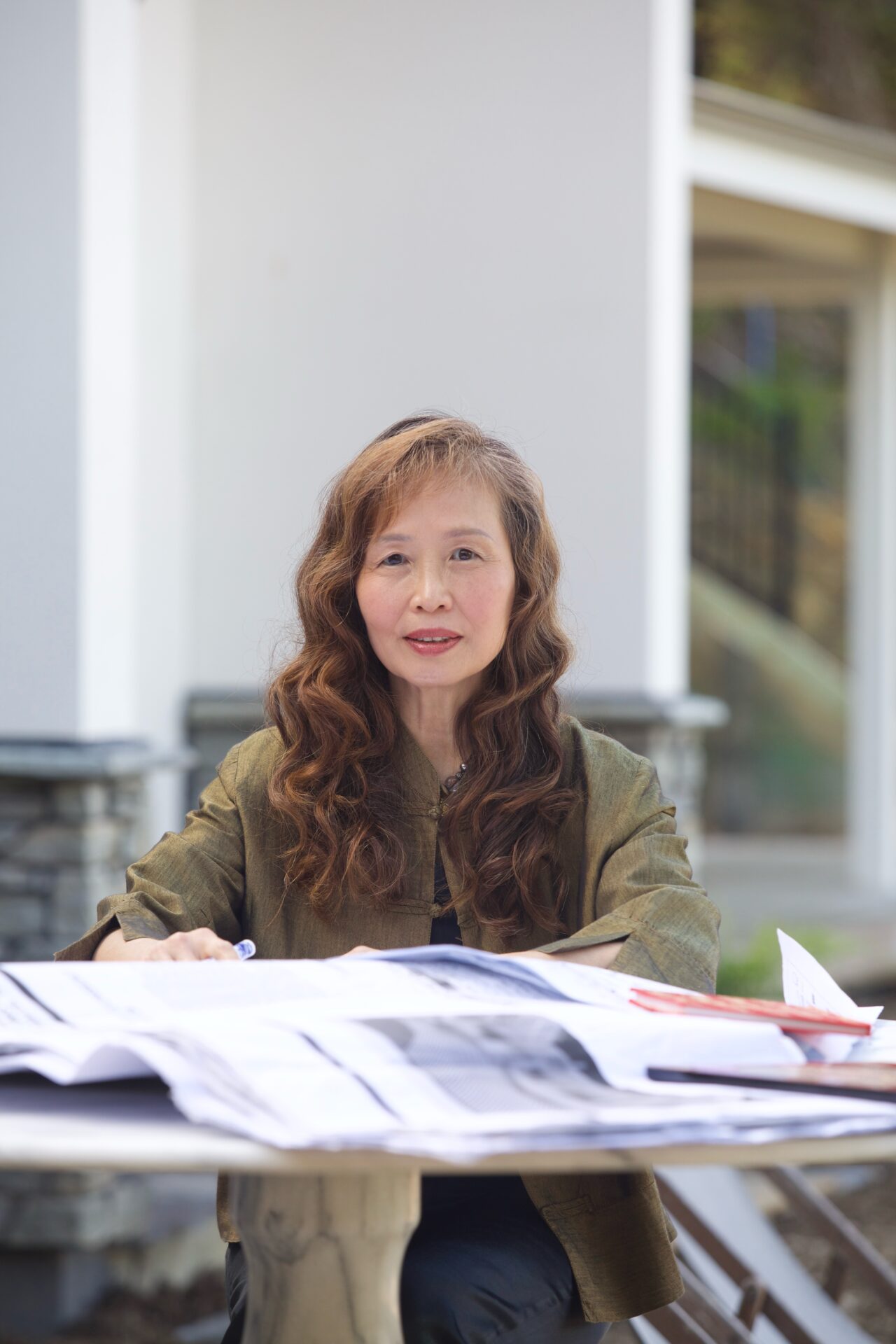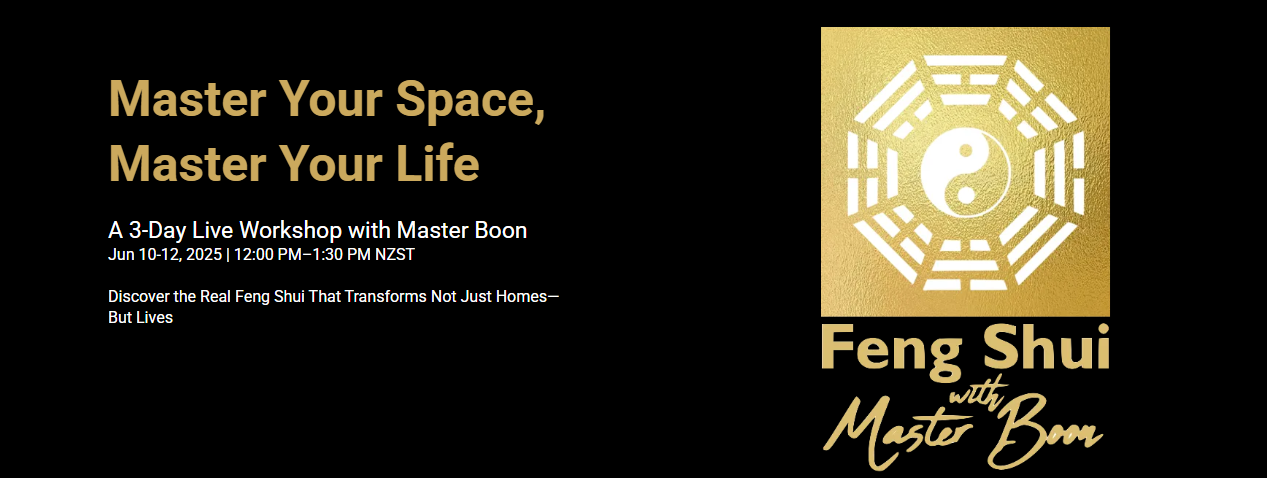UPHOLDING THE ESSENCE OF TRADITIONAL CHINESE FENG SHUI: A Stand Against Misinformation – Part 1
Recently, I was invited to contribute to yet another article titled “Feng Shui Tips to Bring Luck and Prosperity into Your New Apartment.” As a Traditional Feng Shui Master, I’ve faced countless such requests, often accompanied by a litany of myths and misinformation masquerading as Feng Shui advice.
For years, I chose not to address these falsehoods directly. Instead, I focused on sharing the true essence of Traditional Feng Shui—its profound wisdom and time-honored practices that have been refined over 5,000 years. I believed that by highlighting what Feng Shui truly is, I could quietly counteract the noise of misinformation without engaging in the debate.
But the pervasive spread of misguided advice can no longer be ignored. After much reflection and discussion with trusted friends, I’ve come to an important realization: I need to speak out. The stakes are too high to remain silent.
Traditional Feng Shui is not about trendy décor or superficial tips. It is a dignified practice rooted in systems and formulas that diagnose and harmonize the energies influencing a space—from the external landscape and property’s natural features to the internal floor plan and the personal Feng Shui archetype of its occupants.
Yet, popular media often reduces Feng Shui to trivial advice like decluttering, adding water features, or placing crystals for good luck. These practices bear no resemblance to the ancient teachings passed down through my lineage.
My father, a revered grandmaster of Traditional Feng Shui, often expressed sorrow at seeing this sacred knowledge diluted and distorted beyond recognition. As the Grandmaster who introduced Feng Shui to the West, he sometimes lamented on inspiring the very authors who popularized the term. What once was a profound practice has been reduced to superficial, feel-good rituals—mere shadows of authentic wisdom. Their material has become a breeding ground for misconceptions, perpetuating a shallow, commercialized version of Feng Shui that misleads the public and disrespects the true depth of this ancient art.
Continuing my father’s legacy means not only bringing the true wisdom of Feng Shui to the world but also correcting the rampant misconceptions that have taken hold. The realization that if I don’t speak out, these falsehoods will continue to proliferate unchecked, eroding the true essence of Feng Shui and undermining its profound significance, has become impossible to ignore.
So, I find myself at a crossroads. While I will continue to use other platforms to share what Feng Shui truly is, I can no longer avoid addressing what it is not on my own platform. I will speak out to preserve and protect the integrity of this sacred practice because the truth and beneficial power behind Traditional Feng Shui must be safeguarded.
As the only student of Grandmaster Yap to be conferred the title of Master according to our lineage traditions—and the only one in the West to have been honored in this way—I recognize the profound responsibility I carry as a custodian of this sacred wisdom. If I don’t step forward to correct these misconceptions, who will? And if I remain silent, what is at stake?
The answer is clear: depriving the world of Feng Shui’s profound capacity to transform lives through environments harmonized with its principles. This knowledge holds the power to shape our built environments in ways that elevate, harmonize, and protect . It is too precious to be diluted and misunderstood.
I realise now that it is my responsibility, my duty, to ensure that the authentic wisdom practice not only survives but thrives, not just for those who need it, but for the world at large.
Master Boon






